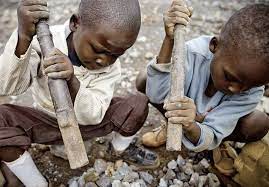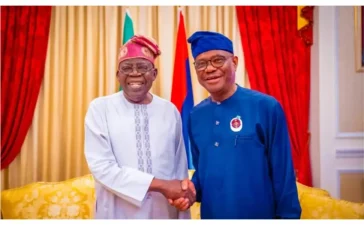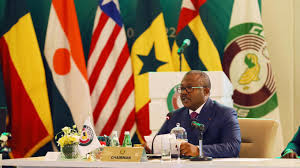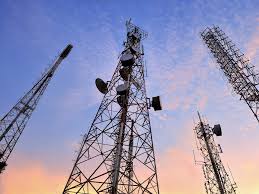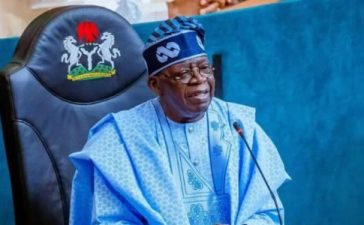A Global Witness investigation released today has revealed that a certification process intended to set standards appears to launder conflict minerals.
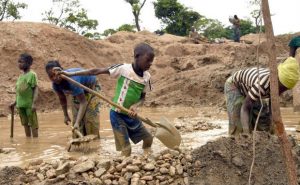
Companies sourcing minerals from the Democratic Republic of Congo (DRC), such as Apple, Tesla and Intel, may be using materials obtained through mines controlled by militia or through processing centres that use child workers, an investigation by the Global Witness has revealed.
The ITSCI, the Programme Mineral Supply Chains appear not to have properly regulated supply chains, with the investigation revealing that the organisation knowingly “downplayed and ignored these issues”.
International interest in materials such as gold and cobalt has the potential to create further illicit behaviour and security risks. In 2019, mine production of cobalt in the DRC totalled 100,000 metric tons, accounting for 70 per cent of global production. Cobalt, among other minerals, is essential to manufacturers like Tesla, as they are commonly used in modern technologies such as electric vehicles.
ITSCI, which is run by the International Tin Association, ITA and Tantalum-Niobium International Study Center, TIC, represents many of the major buyers of 3T minerals, in particular, coltan and tantalum from DRC, a conflict of interest and “self-policing” which lead investigator Alex Kopp tells The Africa Report is the root of the problem.
ITSCI’s scheme is intended to regulate minerals from traders. On its website, the organisation describes its purpose as “to create responsible mineral supply chains that avoid contributing to conflict, human rights abuses, or other risks such as bribery, currently in central Africa.”
‘‘ Miners earn very little. I think it’s really problematic that Western countries cannot impose on them a system which in theory should ensure responsible sourcing. But in practice, it really doesn’t work.’’
The process requires traders to seal bags from “green-rated” mines which are then exported. However, the investigation revealed that many bags were being tagged without regulation, often under the supervision of government officials. In some cases, it appears that “ITSCI field staff actively collaborate with miners and officials to launder minerals and in some cases take a cut of the illicit proceeds.”
In a response to the investigation, ITSCI said, “We strongly believe that ITSCI plays a credible and valuable role in responsible sourcing of 3T minerals through our joint-industry due diligence programme, in which we engage extensively with our stakeholders. We believe the criticism aimed at ITSCI to be unbalanced and unreasonable.”

